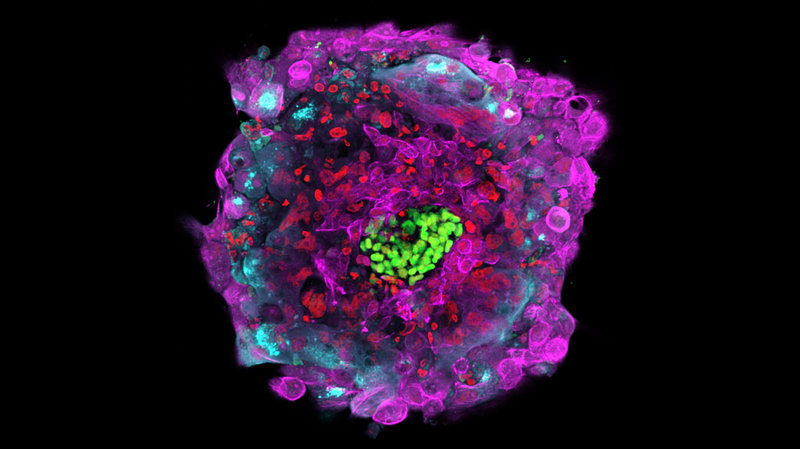Medical device and MedTech insights, news, tips and more
Scientists Keep Human Embryos Alive Longer In The Lab
May 9, 2016

Scientists have been able to make and study human embryos in their labs for decades. But they have never been able to keep them alive outside a woman’s womb for more than about a week.
 That limitation meant scientists were unable to conduct a range of detailed research into early human development.
That limitation meant scientists were unable to conduct a range of detailed research into early human development.
But now researchers say they have discovered a way to keep human embryos alive in the laboratory about a week longer than ever before, and through a critical period of development.
It’s a step they say will yield important insights into human development and could lead to a better understanding of the factors that cause miscarriages and birth defects.
“All of this research which we do in the lab should have enormous benefit,” says Magdelena Zernicka-Goetz, a professor of developmental biology at the University of Cambridge in England who helped conduct the research.
But the advance is reviving a debate about the ethics of conducting experiments on human embryos in the laboratory.
Specifically, the move has raised questions about whether to change a long-standing rule that has limited research on human embryos to the first 14 days of their development.
The research, published Wednesday in two papers in Nature and Nature Cell Biology, builds on a recent discovery by Zernicka-Goetz’s group showing how to keep mouse embryos alive longer in the lab.
The researchers developed a specific mix of amino acids, hormones and growth factors that “would allow embryos to feel as good as they would feel in the body of the mother,” Zernicka-Goetz says.
The next big question was: Would the same mix work to keep human embryos alive longer? Until now, the upper limit for human embryos was about seven days.
Read More – Source: Scientists Keep Human Embryos Alive Longer In The Lab : Shots – Health News : NPR
